Recovery is Possible
There is Hope
Hope—the belief that challenges can be overcome—is the foundation of recovery. Substance use disorder is treatable. Knowing this fact and believing that you or a loved one can recover is the first step on the road to recovery.

Living with a Chronic Disease
Substance use disorder is a chronic disease, which means that it must be managed throughout someone’s life in the same way chronic illnesses, like heart disease or diabetes, are managed. Following treatment, those in recovery can continue taking care of themselves using a variety of methods to maintain their recovery and prevent setbacks.
Maintaining Recovery
After treatment, it’s helpful for many to continue meeting with a counselor and to engage with their local recovery community. Some people attend support groups or mentor others who are just beginning their recovery journeys. Hoosiers in recovery can get involved with one of the state’s 13 peer-led, recovery cafés or our 20 recovery hubs2. Here, you can become a peer mentor, find support services, and connect with others in recovery.
SUBSTANCE USE DISORDER BY THE NUMBERS
10
Indiana Recovery Network hubs across ten Indiana regions3
170+
recovery residential settings with over 2,125 beds certified by the Indiana Division of Mental Health and Addiction2
279,850+
services provided by recovery hubs since April 20202
Treatment Works
Inspirational stories of recovery from Hoosiers around the state
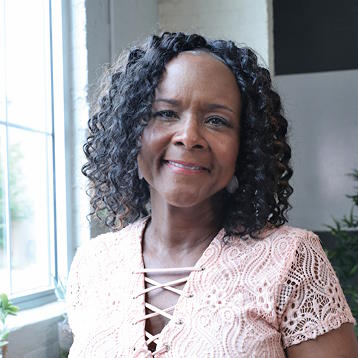
Meet Lori
26 years in recovery
“Recovery is possible, and I get to be who I am today. I get to be free.”
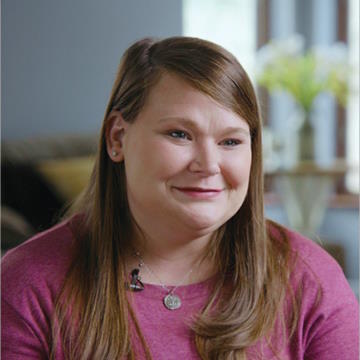
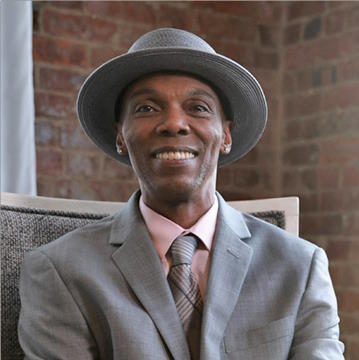
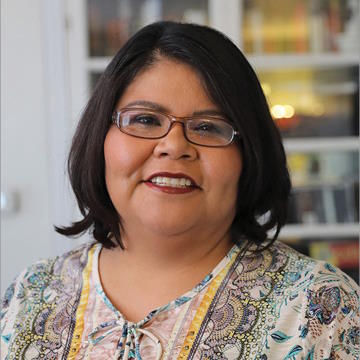
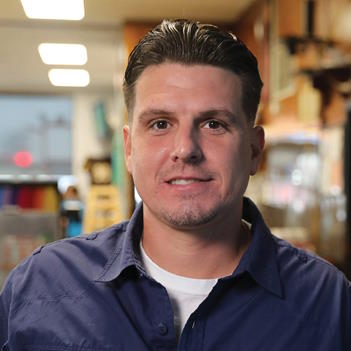
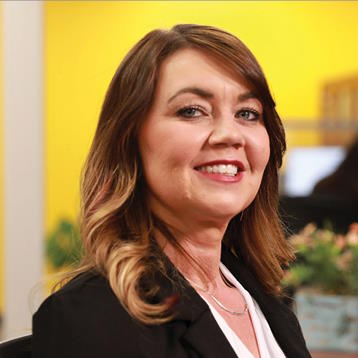
Understanding Recovery
What You Can Do
SUPPORT THOSE LIVING IN RECOVERY
- Take time to learn about substance use disorder
- Donate to an organization helping people with substance use disorders
- Volunteer at a recovery community organization
- Start conversations in your community about substance use disorder


STOP THE STIGMA
- Listen while withholding judgment when someone confides in you about addiction
- Treat people with substance use disorders with dignity and respect
- Practice empathy, compassion, and acceptance when they share their stories with you
- Speak up when someone says something unkind or misinformed about substance use disorder
See the Person, Not Just Their Disease
I'm a grandson. A son. I'm an employee and a mentor. I'm a father to two beautiful kids and a husband to an amazing wife. And I have a substance use disorder. In other words, I'm living in recovery with an addiction. Now that you know, will you let it change how you see me?
Many of the photos included on this webpage are original photography featuring paid actors. These photos do not represent individuals who have substance use disorders or are living in recovery. The exception to this are photos of people who are named and share their personal stories about substance use disorder. We are grateful for these individuals’ willingness to come forward to help reduce the stigma of substance use disorder and provide encouragement to those living with this chronic disease.
1. Recovery Research Institute. “We do recover": More evidence that tens of millions of adults in the United States have recovered from a substance use problem. Publishing date not specified.
2. Indiana Department of Health. 2024 Next Level Recovery Progress Report. Published November 2024.
3. Indiana’s Regional Recovery Hubs as of January 2025.

